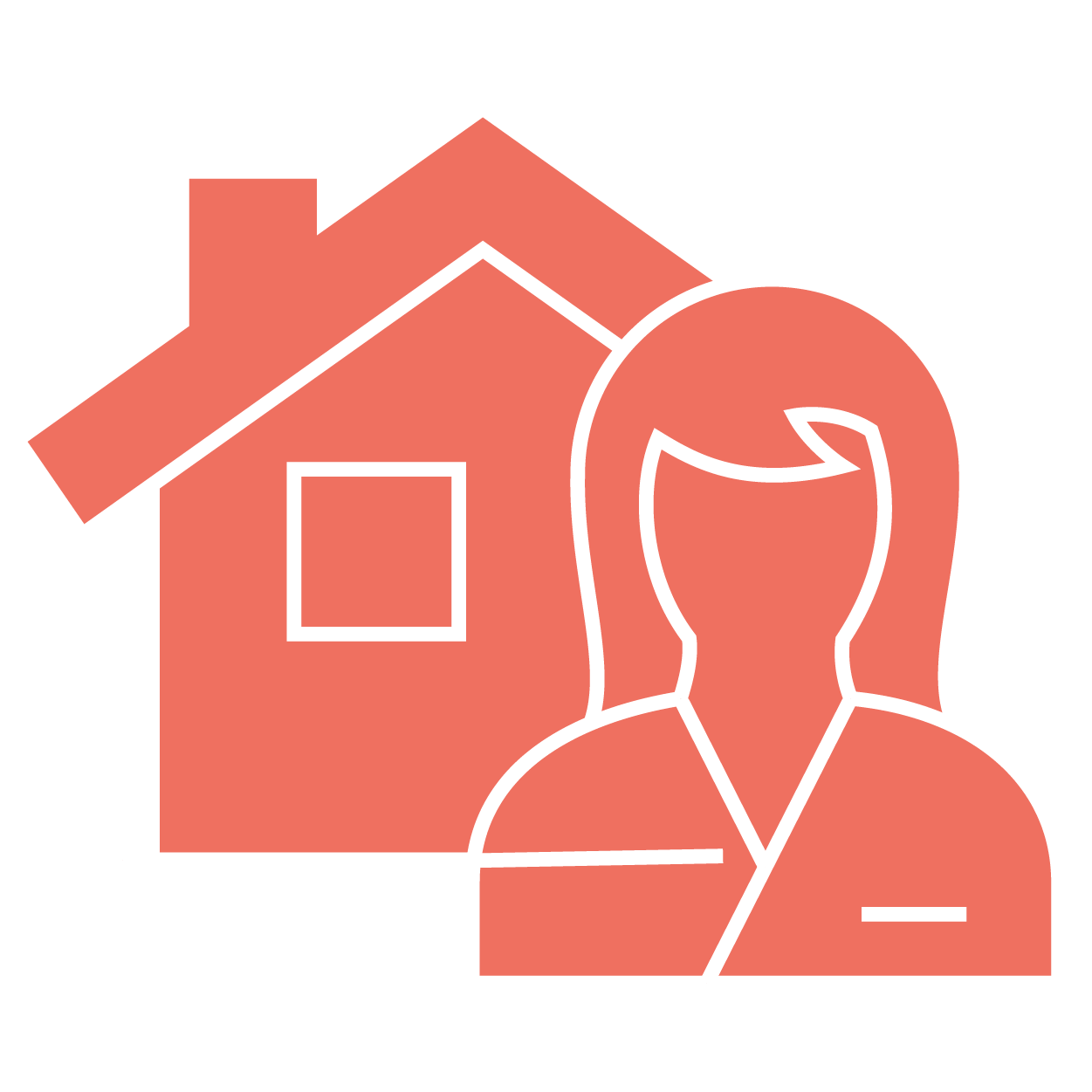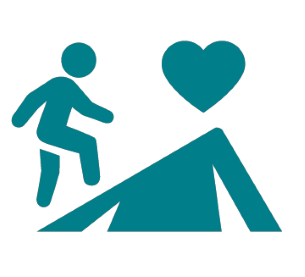
COMPASSION YOU CAN COUNT ON
At-Home Skilled Nursing Services
Used within home health, palliative care, and hospice environments, skilled nursing can help improve quality of life by providing comfort measures such as pain management, symptom control, and end-of-life care. Your nursing team can also provide education for both the patient and family members or other caregivers.





